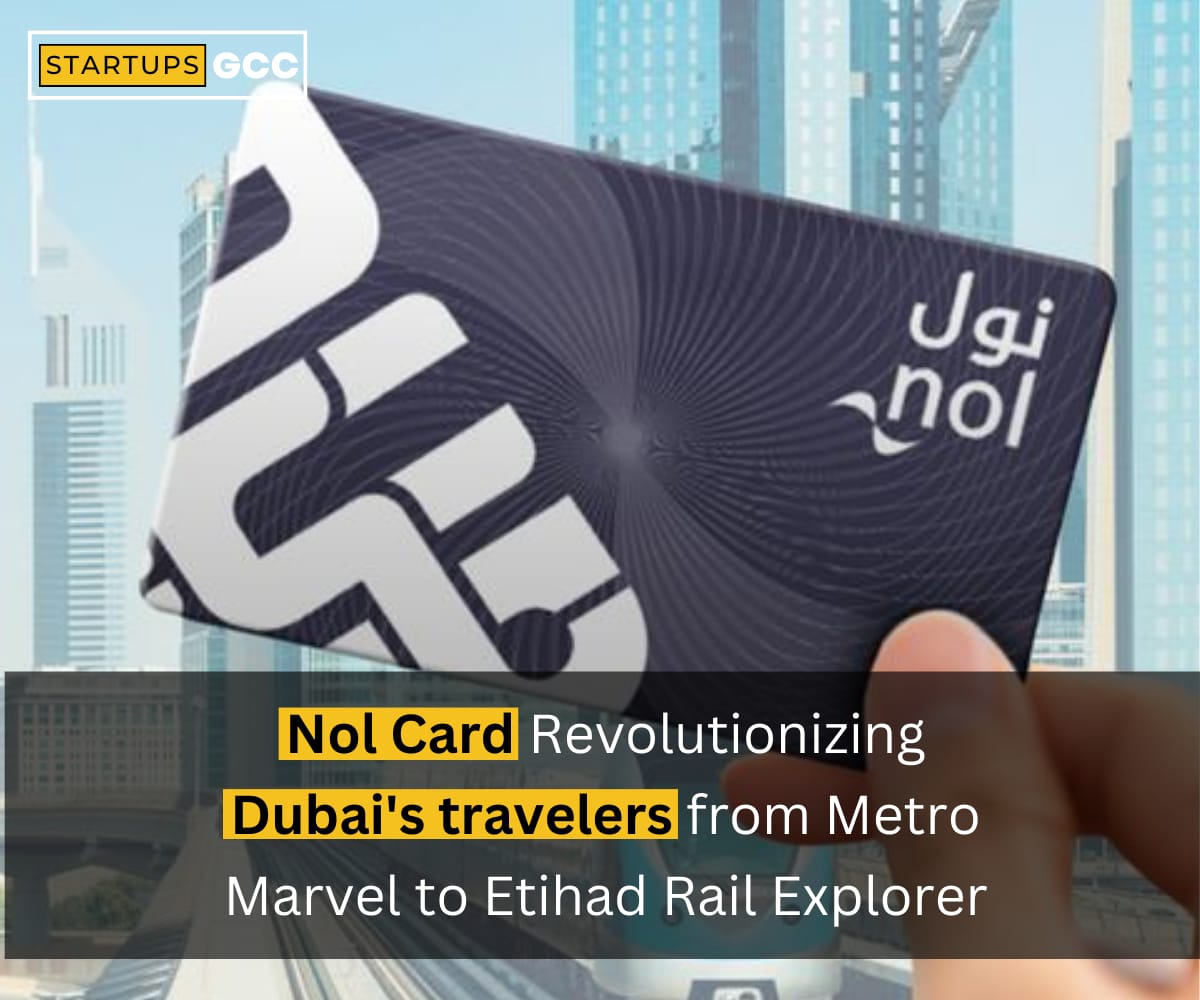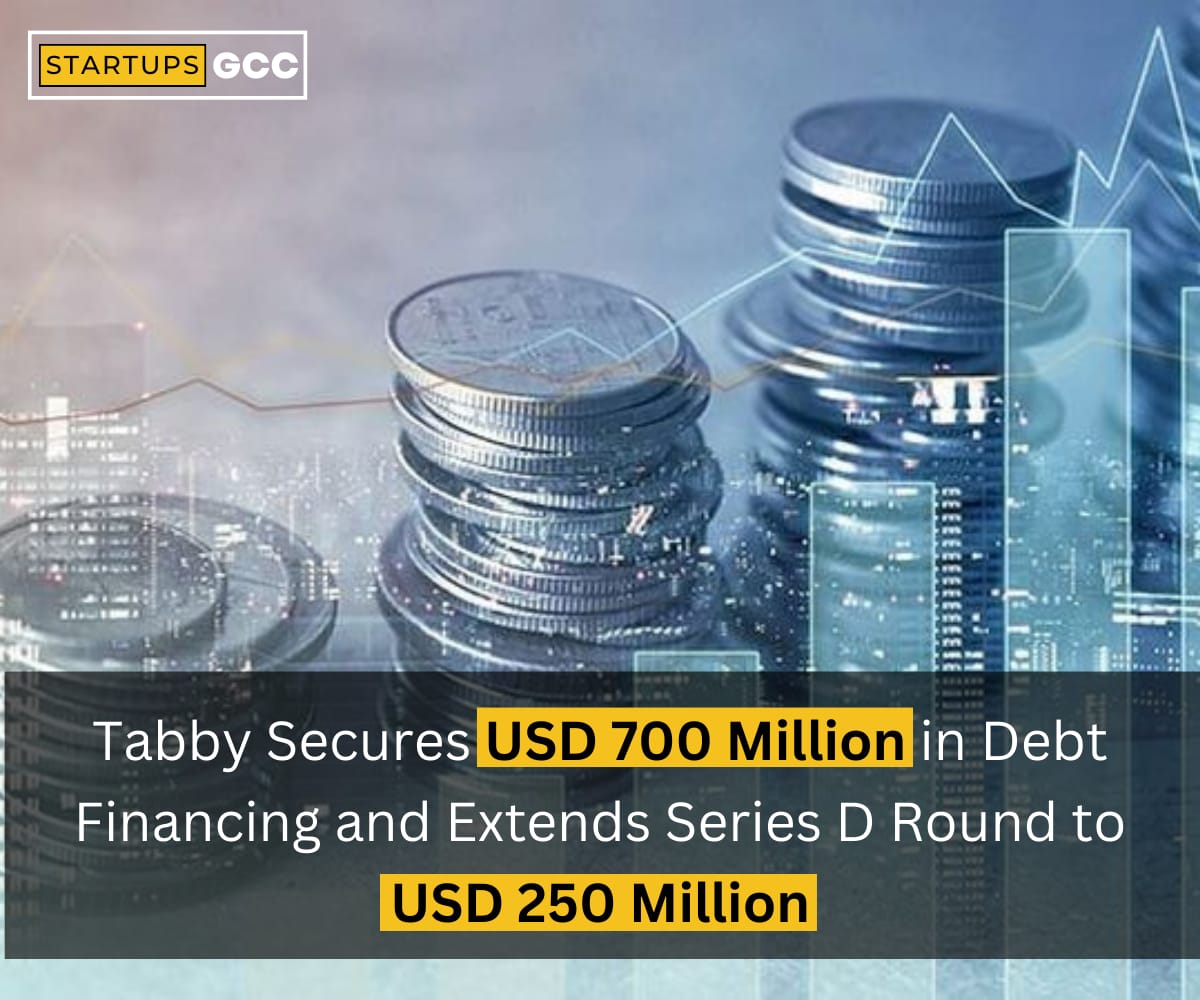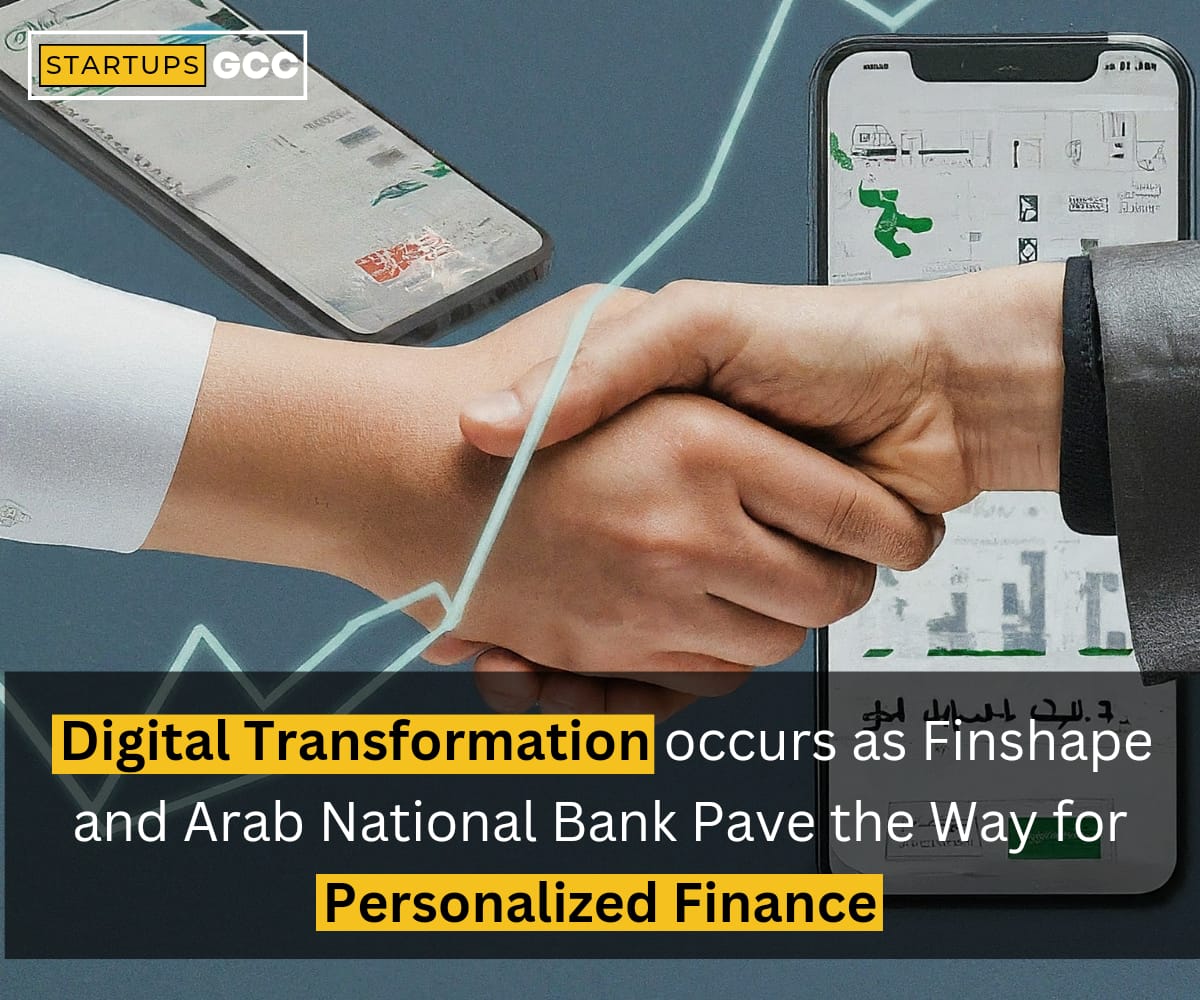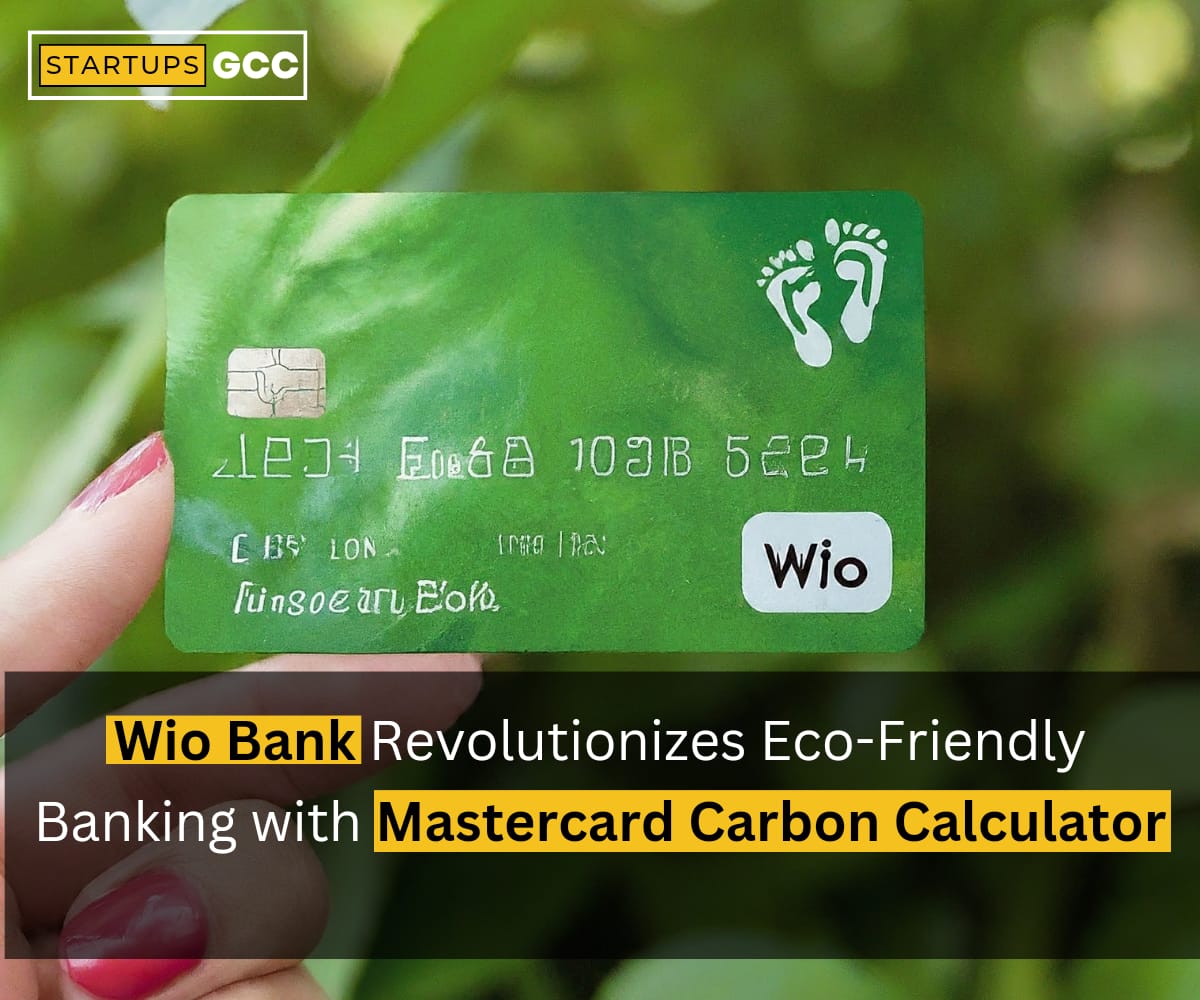
In the bustling City of Dubai, where innovation meets aspiration, the story of travel weaves threads of progress. At the heart of this story is Nol Card, a quiet but powerful hero of value in a city built to deliver a reliable, seamless, and integrated travel experience for citizens. Its notecard revolution will be central to urban transport development. This article explores the origins of Nol cards, their main role in Dubai’s transport system, and the changes a new chapter brings to Etihad Rail.
The Genesis of Nol Cards:
Introduced in 2009, the Nol Card was an initiative by the Road Transport Authority (RTA) to facilitate and integrate public transport in Dubai on the Dubai Metro, and the card’s success soon led to the adoption of buses, water taxis, and the Palm Monorail. This integrated approach made life easier for passengers, allowing them to travel Flawlessly between trips with a single card.
The rise of non-contact technologies:
One of the main reasons for the success of Nol Cards is their integration with contactless technology. The RFID (Radio-Frequency Identification) chip built into the card allows users to move around with a tap, eliminating the need for physical tickets and reducing travel time. This innovation not only improved utilization but also contributed to the efficiency of the transit system by reducing queues and delays.
Knoll Card and Dubai Metro:
Since its launch in 2009, Dubai Metro has come to represent the City’s commitment to modern, environmentally friendly transport. The Nol Card provided Passengers with an easy and inexpensive way to travel throughout the City and contributed greatly to the success of the subway. Over the years, the metro system has expanded, connecting new areas and serving a growing population.
Integration of public buses and water taxis:
RTA has expanded the use of Nol Card to provide a seamless customer experience and enable them to travel without purchasing a separate ticket, recognizing the need for an extensive public transport system with public buses and water taxis. The flexibility of the Nol Card served as the basis for planning the construction of a comprehensive and affordable Dubai public transport system.
Progress amid technological progress:
As technology advanced, the nol forms were further improved. Introducing the Nol Blue Card, specifically designed for people with intellectual disabilities, demonstrated Dubai’s commitment to Diversity. Integrating Nol Card into a mobile application will allow users to manage their accounts, check balances, and top up their cards through intuitive digital platforms.
Transition to Etihad Rail:
As Dubai looks to the future, the Nol Card is set to undergo further transformation with the launch of the Etihad Rail Service. With this strategic plan, all major cities in the United Arab Emirates will be connected through an advanced rail system. An important step towards standardizing and securing the national transport system is the integration of Nolcard into the Etihad Rail network.
Knoll Cards in Etihad rail time:
With its extensive and connected coverage, the Etihad Rail service presents a unique challenge and opportunity for the Nol Card system. The development of the card reflects Dubai’s commitment to seamlessly integrate travel experiences from local transit corridors to an integral part of the nationwide rail network. Passengers can now use their Nol cards in Dubai and the entire Etihad rail network, facilitating inter-city travel and increasing economic and social inclusion.
Challenges and Solutions:
Seamlessly integrating the Knoll card into the Etihad Rail season is challenging. The main concern is ensuring the Knoll Card’s interoperability with various transport systems. The scale of the Etihad Rail business and the variety of networks and technologies pose challenges in maintaining a unified user experience. The Road Transport Authority (RTA) must navigate these challenges to ensure that passengers enjoy the comfort and efficiency they are accustomed to at the Dubai border.
Data Security for Knoll Card Usage:
Data security is another important consideration as Knoll card usage expands beyond city limits. At the same time, increased connectivity poses a greater risk of data breaches and cyber threats. RTA must implement robust security measures to protect users’ information, ensuring that personal data and communication information remain secure throughout transportation.
Inclusive Transport :
Meeting the needs of different user groups presents an additional challenge. As the Etihad Rail service connects cities with specific populations and transport patterns, the RTA should adapt the Nol Card system to Satisfy its users. It understands and adapts to the unique needs of different regions, ensuring that Nol Card remains an inclusive tool.
A Collaborative Approach’Solution:
To address these challenges, the RTA must adopt innovative solutions and foster stakeholder collaboration. Technological advances such as artificial intelligence and machine learning can help create a flexible infrastructure that bridges the gap between transport networks and enhances connectivity and data security through data transfer, implementing standardized, secure sharing protocols, and improving a unified user experience.
Collaboration with technical stakeholders, local authorities, and community representatives is essential to understanding the diverse needs of passengers and tailoring the Nol Card system accordingly. Consistent delivery and transparent communication channels can help create a program that meets and exceeds user expectations.
The challenges of transitioning from Metro to Etihad Rail are immense but manageable as Dubai continues to evolve into a smart city. The City’s commitment to providing reliable, effective, and memorable public transit services with volunteer participation is underscored by RTA’s commitment to addressing these issues through technological innovation, data protection measures, and stakeholder engagement. This study is an example.
Conclusion:
Dubai’s Nol Card has revolutionized urban mobility, offering citizens a seamless and integrated travel experience. Entered in 2009, it has expanded to include buses, water taxis, and the Palm Monorail. The addition of RFID technology enhanced the user experience and provided a much more advanced navigation system. The Nol Card has also been integrated into Dubai Metro, public buses, and water taxis, bringing convenience and convenience to fares. The transition to the Etihad Rail project aims to improve inter-city transport and financial inclusion by integrating NolCards into the nationwide transport system.






